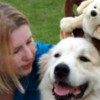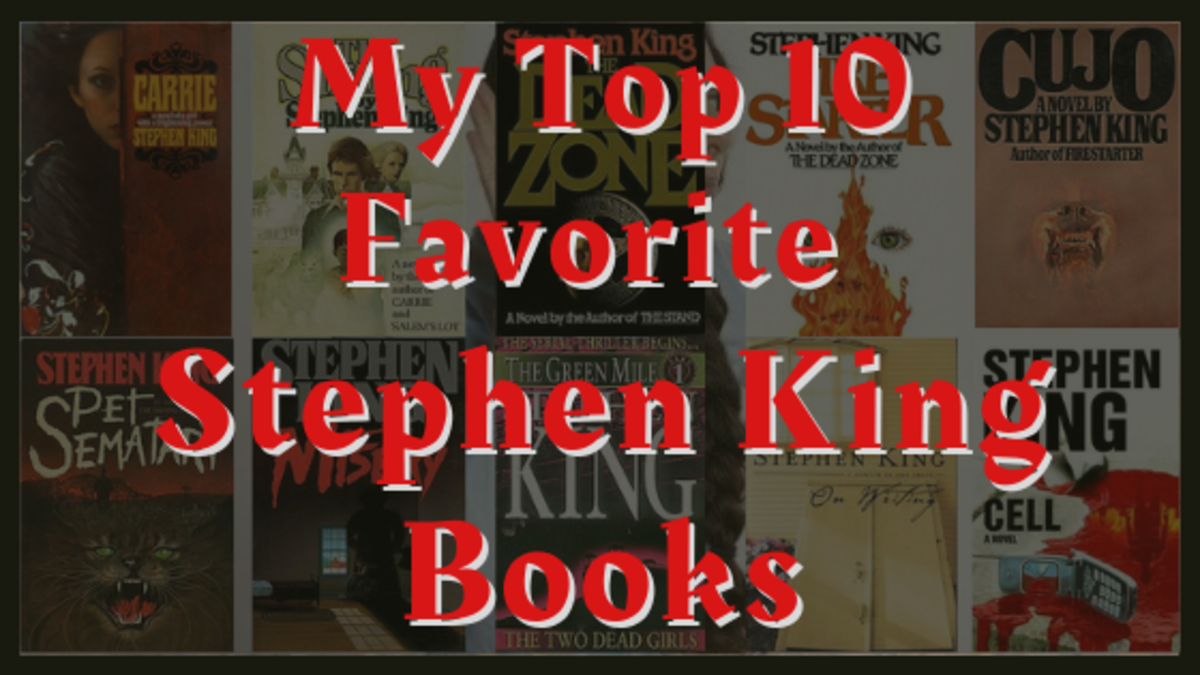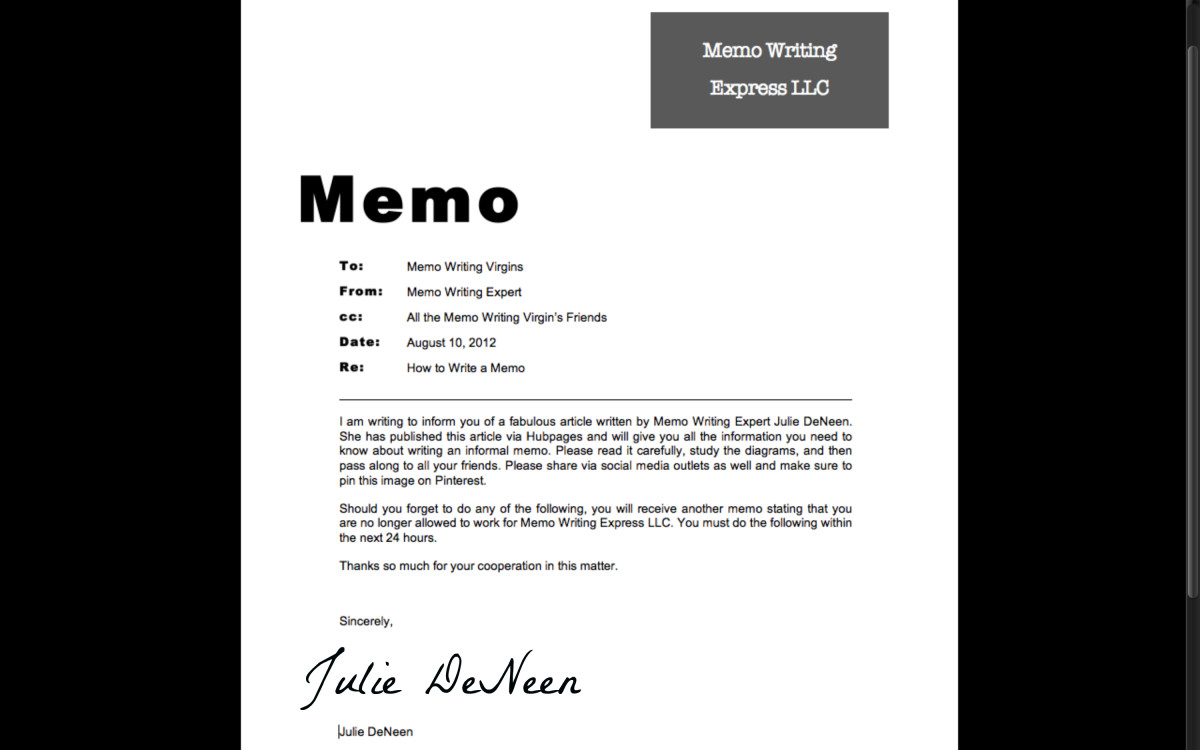The Best Books on Writing by Bestselling Authors

The best of bestselling authors books telling all on their craft and on writing
Writers on writing. What do bestselling writers think about the art and craft of writing? How do they write a novel? What is their writing process? Is it easy or do they struggle--like me? These thoughts have rummaged around my mind for as long as I can remember. I'm just curious about the writing process and how other writers write. That rather insatiable curiosity has filled my bookcases. How-to books on writing, every genre you can imagine, line the shelves. Interviews, conversations, journals, biographies, and anthologies of stories and essays push against each other competing for shelf space. Here are a few where the authors are at the top of their game, writing bestsellers, and are ready to share their thoughts on their writing process, their thoughts about craft, and even their fears and frustrations.
Elizabeth George On Writing
You have to admire the skill of Elizabeth George. I can't tell you how many writers I know who were like me and thought George was a British writer. She crafts her world so well and writes with such conviction and knowledge that you never imagine it's an American telling the story. That is skill. Her plotting skills are amazing and the stories turn on themselves leading you here and there but never to the end until she's ready. That, too, is skill. I remember reading her first novel Deliverance and how amazed I was when I learned it was a debut novel. It was extraordinary.
In Write Away Elizabeth George gives us her take on writing fiction. She shares her nuts and bolts writing process, her fears, her creative process. You may not be able to craft a novel just like her but you sure will be a lot further along in the novel-writing process than you were when you first picked up the book. If you're looking for a plan so you can start building that novel, George provides one.
Walter Mosley On Writing
If you are brand new to writing and considering writing a novel, this is probably a good, practical book to get started. It's slim so you won't be overwhelmed. The approach is to show the reader how a novel can be written in one year. Mosley offers practical, simple tips and strategies to get the job done. If you already own a few writing books and are a Mosley fan, you may prefer to check this one out at the library.
What Mosley does do is stress that writing a novel is not a magician's trick. It's work. Hard work. It requires daily discipline. It is a craft. The book is short, about 100 pages or 25,000 words. In the true less-is-more approach Mosley accomplishes his purpose. What is magic, he finally admits, is where the subconscious and the daily writing meet. In that space wonderful connections are made and writing flows.
"If you don't have time to read, you don't have the time (or the tools) to write. Simple as that."
— Walter MosleyStephen King On Writing
It's an autobiography. No, it's a book on how to write. Not exactly, it's Stephen King's highly praised book on writing that tops the gotta-have lists of most writers. By most accounts, King is considered a master writer and one of the most gifted writers of our time. His output is prodigious. He writes every day of the year except for Christmas. The man knows his craft. Is there anything we have in common with this whirlwind of words? I think so. Apparently even Stephen King fears the blank page: "The scariest moment is always just before you start."
Stephen King writes a lot and produces a lot of books and short stories. For some, that output is rather off-putting and it has led to some people claiming he's a hack writer, a commercial fiction writer, anything but a literary writer. Yet, if you study his work and listen to him, it won't be long before you realize that he's a literary giant. Whether you like his stories or not, for a writer Stephen King is an author to read and study. What he has to say about the art, the craft and the business of writing is of interest. He also insists that writers read, something many writers don't do enough of anymore. As he said, ""If you don't have time to read, you don't have the time (or the tools) to write. Simple as that."
Ray Bradbury On Writing
There is nothing, absolutely nothing, like reading Ray Bradbury's work. His words sing, his sentences zip across the page, and joy leaps from the page..
"Great writers are children of the gods," writes Bradbury in his famous essay Zen in the Art of Writing. "Think of Shakespeare and Melville and you think of thunder, lightning, wind." These writers lived their work, they had fun, knew joy. "When was the last time you dared release a cherished prejudice so it slammed the page like lightning bolt?" he yells. "This afternoon burn down the house. Tomorrow pour cold critical water upon the simmering coals. But today - explode - fly apart - disintegrate!"
Bradbury demands that writers write with passion. Easy enough for him, his loves are visible. They saturate his being and illuminate his soul. He doesn't tap into his passions - they explode from within and scatter across the page. He loves life. His ardor knows no bounds. Writing about his passions is second nature; he cannot help but do so. His exuberance for life and his unexcused love for writing is a siren's song. "Find your twins," he urges, no matter where in life they reside. Where do your passions intersect? That's the point where the spark will fire and illuminate your soul.
Bradbury unabashedly scrolls across the genres from playwright to screenwriter, storyteller to short story writer, essayist to novelist. Writing is his playground. Like a joyful Johnny Appleseed, the age-old Bradbury skips across cultural landscapes planting seeds within the fertile grounds of his essays and shorts stories and moves on. He trusts good fruit will follow. Every day Ray Bradbury pushes me to unabashedly grab my pen or pull the keyboard forward excited, even trembling, ready to create the next story, essay, or novel. I must embrace work that moves and invigorates me.
Nancy Pickard On Writing
Nancy Pickard is a bestselling mystery writer who received a lot of acclaim for her recent novel The Virgin of Small Plains: A Novel. She is well-acquainted with the writer's journey. Her co-author, Lynn Lott, is a writer and a therapist. The two have written a book that details the phases a writer goes through during the course of their writing life. Seven Step on the Writer's Path: The Journey from Frustration to Fulfillment identifies these stages and does it in a caring, insightful and, at times, humorous way.
Pickard and Lott do not run away from the negatives that plague writers. Drawing on their own experiences, they confront the problems, lay them out for all to see, and offer solutions. Writer's block, frustration, procrastination, and yes, even the dreaded rejection is discussed. Walk away from the excuses and embrace the path you've chosen. You are a writer, this is a writer's journey. Identify where you are and what you need to do. Full of practical solutions to what are often impractical times, these two authors help writers clear the fog so they can move forward once again. If you want an honest look at what it takes to be a writer and live the writer's life, give this book a try.
Julia Cameron On Writing
Julia Cameron is a muse for the creative types. For her, writing is life. She begins and ends her days steeped in the writing process. I met Cameron on the pages of her bestselling work The Artist Way and went on to facilitate several Artist Way groups for more than six years. She is all about unleashing the power of creativity and the passion that comes from writing. If that speaks to you, then reading Cameron's could be a liberating experience.
Cameron's books are written in a flow of essays and exercises. She opens a door and urges you to cross the threshold. She is much more process-oriented and deeply wants her to readers to share in the joy of writing. She has spent much of her life sharing her vision of the writing process and offering ways writers can go deep and free themselves. If you are familiar with The Artist's Way," you will be sinking into a comfortable ocean and already have a mindset committed to Cameron's type of deep excavation. If you identify with the writing process as a highly personal and even spiritual process, Cameron's insights and advice will ring true.
Patricia Highsmith On Writing
If you don't know who Patricia Highsmith is, maybe you know one of her characters, The Talented Mr. Ripley. It's not often that you find a writer putting her mistakes out there for all the world to see but Patricia Highsmith does in her book Plotting and Writing Suspense Fiction.. Like any good writer, she uses "show, don't tell" to explain her writing process. Sometimes the writing works, sometimes it doesn't--and that's an important lesson for any writer to learn. Writing is, in great part, exploration. You don't always know where you are going or whether it will work. And yet you try.
Patricia Highsmith has long been known as the mistress of suspense. She is most known for her psychological thrillers. Many have become movies. Strangers on a Train and The Talented Mr. Ripley are two. She received an O'Henry award for her first published short story. If you would like to have a conversation with a bestselling writer who is a master of suspense, then this book is for you. While the book is a primer on writing, the second half is an analysis of her novel The Glass Cell. Sometimes we learn more when we examine an actual text rather than read a lot of how-to directions.
David Morrell On Writing
With more than fifty years of writing and publishing under his belt, bestselling author David Morrell has a few things to say about the craft and business of writing. His advice to writers? "Be a first-rate version of yourself, and not a second-rate version of another writer."
The Successful Novelist is the new edition of his previously published and highly popular book on writing, Lessons from a Lifetime of Writing: A Novelist Looks at his Craft. This volume has an additional chapter on marketing but otherwise is the same book.
Morrell doesn't pull any punches and he's quite at home talking about all the various genres. Still not sure who Morrell is? Think Rambo. Morrell talks from deep personal experience with the craft of writing. He's definitely mastered the butt-in-chair method and offers solid advice and insights into writing good fiction that draws a wide audience.
Phillip Athans and R.A. Salvatore On Writing
I cut my reading teeth on fantasy and science fiction, My dad worked for NASA and we had a steady stream of sci fi piled about the house. I still remember Doc Savage and the Lensmen series. It was also the time when I met Tolkien through the pages of Lord of the Rings. Everyone seemed to be devouring the triology. I'd always enjoyed myths, folktalkes, and fairytales, so fantasy novels were bound to lure me into their pages. Oddly, I've never really entertained the idea of writing fantasy and only toyed with a sci fi story now and then. But that hasn't stopped me from reading the how-to books. You never know what you might glean, especially from a writer at the top of his game.
R.A. Salvatore knows a thing or two writing and contributed an introduction and an original story to this how-to book. Do you have a story in mind set in a far-away place with alien or mythical creatures? Then you'll enjoy the discussion of worldbuilding and be happy to learn the tips and strategies offered on the subject. While the book addresses specific elements attached to science fiction and fantasy writing, there's plenty of general writing knowledge spread across the pages. If you want a good primer on the genre, this is probably a good book to consider.
Larry Block On Writing
Larry Block and I go way back, back to my newbie days when I first discovered Writer's Digest Magazine. Back then Lawrence Block had a monthly column where, as he so eloquently put it, "nattered on about writing." For four years I grabbed the magazine and thumbed to Larry's column where I sat in class with the rest of his readers and read his sage advice. I was devastated when his column stopped. And so I turned to his books on writing. .
This edition of Telling Lies for Fun & Profit" has an introduction by Sue Grafton and is a collection of the columns he wrote way back when. Block has such an easy, casual style. You just know he's talking directly to you. And when it comes to his subject, there's not much about writing that he doesn't address. He's been a popular, bestselling writer for decades and his books on the craft of writing have been worn thin from use by many now-famous writers. In fact, bestselling writer Harlan Coben has been known to cite Lawrence Block as one of his major inspirations and Sue Grafton says that "Telling Lies for Fun & Profit should be a permanent part of every writer's library."
Choose Your Writer
Which bestselling author do you want to read?

More on writing and writing resources
More on Writing
- Joy: The Joy of Reading Leads to the Joy of Writing
I love reading - probably even more than writing. First thing each morning I pick up a book, usually on some aspect of writing, and read for about 15 minutes. By doing this at the start of every day when the remaining strands of my subconscious still - Stephen King - National Book Awards Acceptance Speeches
Recipient of the National Book Foundation's Medal for DISTINGUISHED CONTRIBUTION TO AMERICAN LETTERS AWARD, 2003 - David Morrell & Ken Follett Talk About Writing (Writer's Digest)
In an exclusive dual interview, two of the most iconic authors working today share lessons learned over lifetimes devoted to writing-and why they'll never tire of telling stories. - The Simple Art of Murder by Raymond Chandler
The Simple Art of Murder—full essay at The University of Texas' American Literature website













